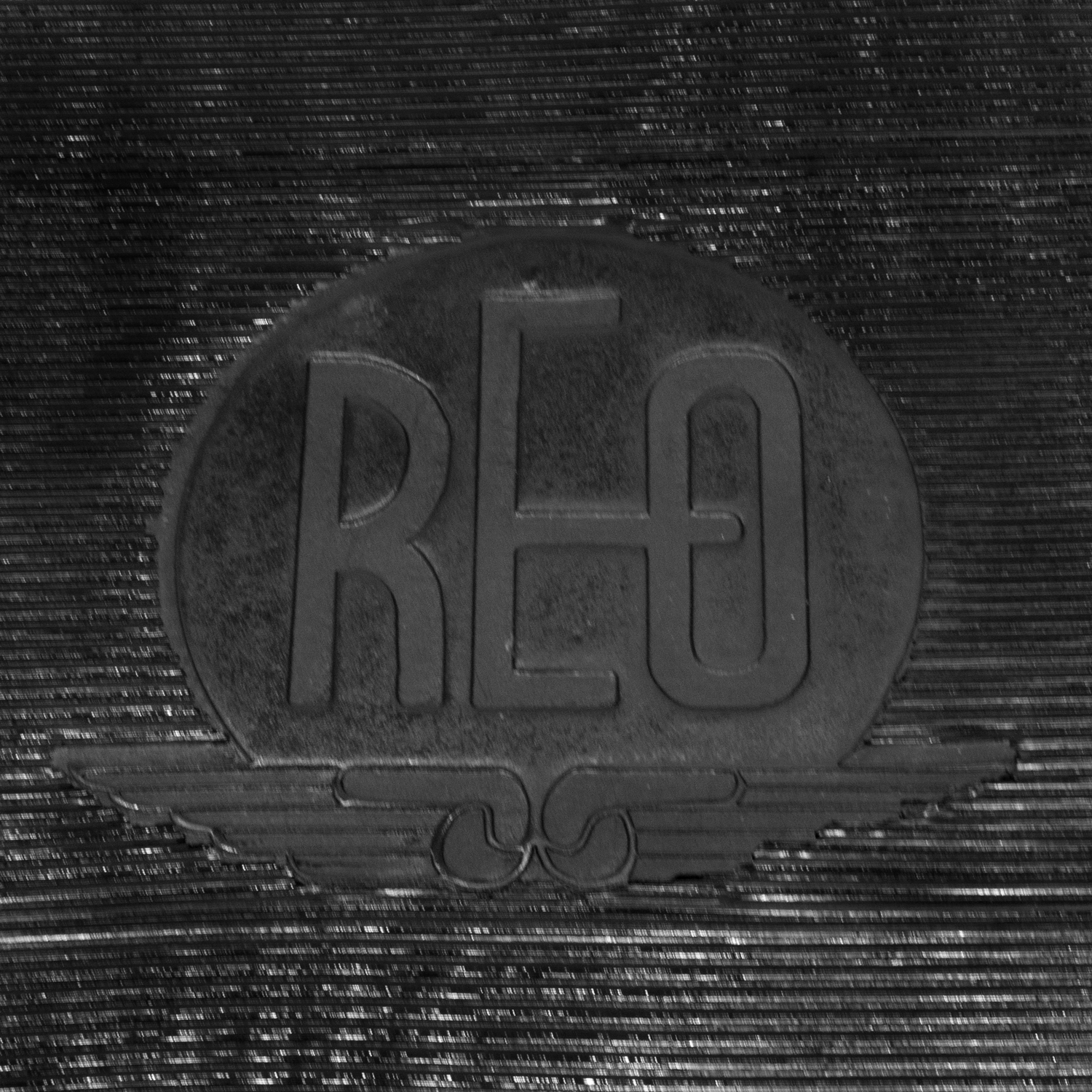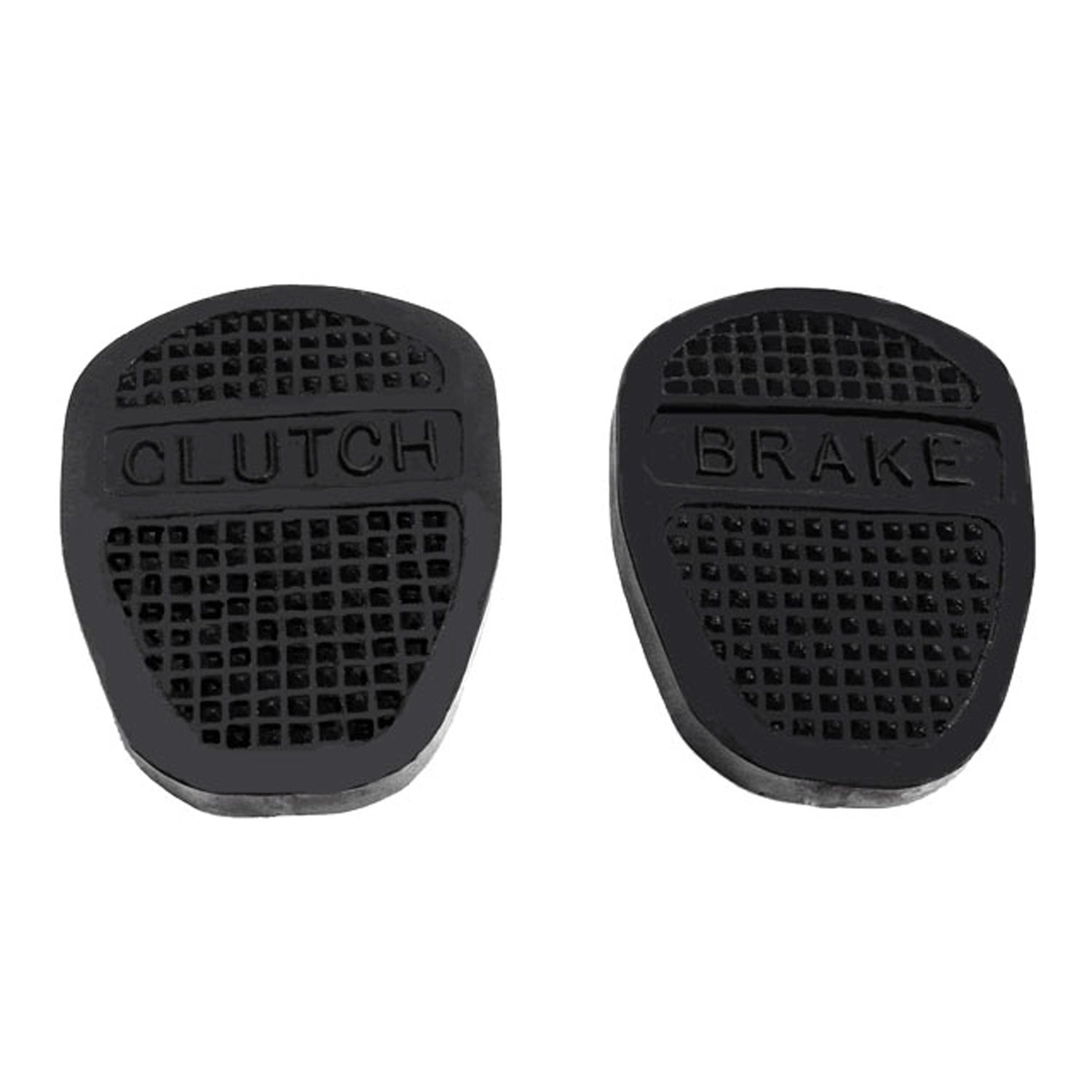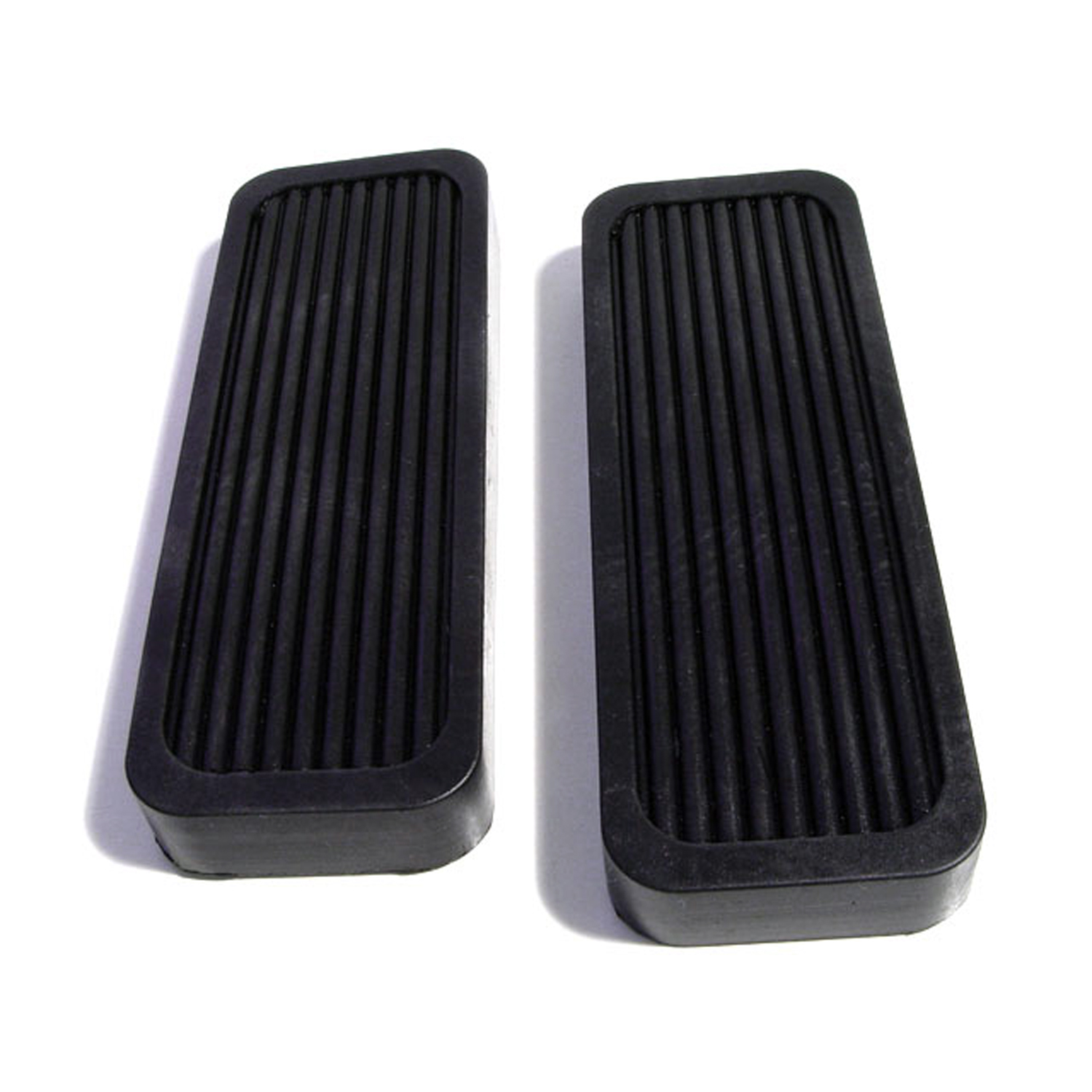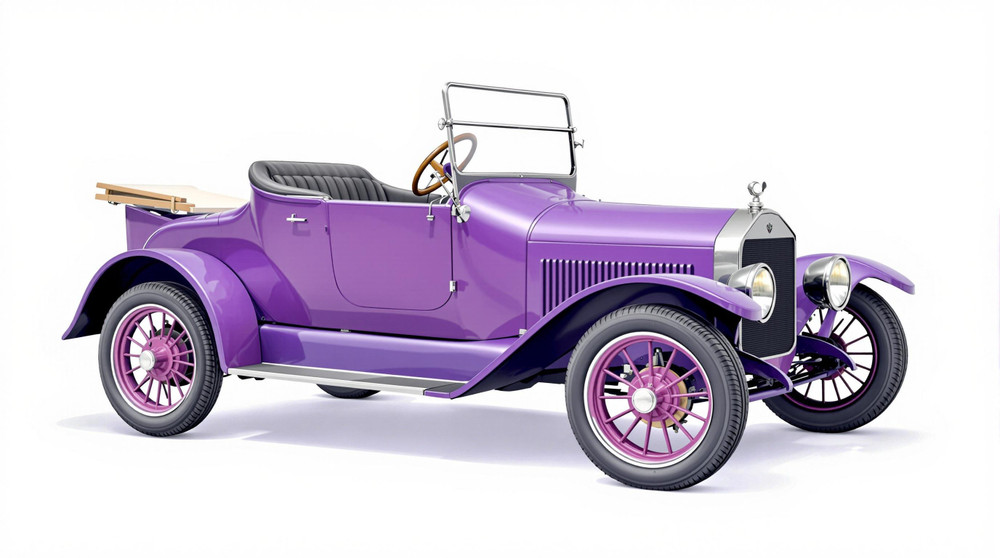Image of 1922 Reo Model T-6, Note: These illustrations use artistic license and may differ from actual historical models.
Performance Metrics
Fundamental Metrics
Emotional Appeal
MMP Rating
| Engine Specifications | |
|---|---|
| Engine: | Single engine option |
| Displacement: | 3.7L |
| Horsepower: | Estimated 26-30 HP |
| Torque: | Not available |
| Compression Ratio: | Not available |
| Ignition System: | Magneto ignition system |
| Cooling System: | Water-cooled |
| Performance Specifications | |
| 0-60 Time: | Not available |
| 1/4 Mile Time: | Not available |
| Top Speed: | 45 mph |
| Transmission and Drive | |
| Drive Type: | Rear-wheel drive |
| Transmission Type: | 3-speed manual |
| Fuel and Efficiency | |
| Fuel System Type: | Carburetor |
| MPG: | Not available |
| Dimensions and Brakes | |
| Brakes: | Mechanical drum brakes |
| Wheelbase: | 112 inches |
| Weight: | Estimated 2,400 lbs |
Note: Specifications for classic cars are given to the best of our ability, considering the limited and variant data available.
Rediscovering the 1922 Reo Model T-6: A Touchstone of Automotive Heritage
The year 1922 marked a significant milestone in automotive history with the introduction of the Reo Model T-6, a vehicle that encapsulated the spirit of innovation and luxury of its time. Crafted by the Reo Motor Car Company, founded by Ransom E. Olds after his departure from Oldsmobile, this car emerged as a testament to early 20th-century craftsmanship and engineering prowess. The Model T-6 was not just a mode of transportation; it was a statement of class and technological advancement during an era where the automobile began to redefine personal mobility.
What sets the 1922 Reo Model T-6 apart is not just its age but its connection to Ransom E. Olds, an industry pioneer whose initials (REO) became synonymous with quality. One unique fact about this model is that it was part of a lineage that helped bridge the gap between the horse-drawn carriage and the modern automobile, serving as a precursor to the comforts and performance standards we expect today.
Design and Innovation: A Glimpse into Roaring Twenties Luxury
The exterior styling of the Reo Model T-6 exuded elegance with its bold, upright grille and sweeping fenders that seemed to embrace the spoked wheels in a graceful arc. The vehicle's silhouette was long and dignified, projecting an image of stability and strength. Inside, passengers were treated to an opulent experience with high-quality materials such as fine leather upholstery and polished wood accents that spoke volumes about the era's attention to detail.
For its time, the Model T-6 boasted technological features that were cutting-edge, including electric lights and a starter—luxuries that were not yet standard in all automobiles. Color options for this model were limited compared to today's standards, but they included deep blues, blacks, and dark greens which were popular choices that complemented its stately design.
Buyers could select from several body styles including sedans, coupes, and roadsters. The sedan was particularly popular for its practicality and comfort, making it an iconic representation of the model.
Historical Significance: Paving the Way for Modern Motoring
The Reo Model T-6's impact on automotive design cannot be understated. It was one of the vehicles at the forefront of transitioning from purely functional machines to ones that provided comfort and style—a precursor to today's luxury cars. Its advanced features set it apart from many contemporaries and laid down a marker for what consumers could expect from personal transportation in future decades.
Performance and Handling: A Ride Through Yesteryear
In terms of performance, the Reo Model T-6 was no slouch for its era. With a robust engine under its hood, it achieved respectable top speeds that allowed for brisk travel by 1920s standards. While acceleration figures like 0-60 mph were not commonly used benchmarks at the time, this vehicle moved with purpose when prompted.
Handling was characterized by a sense of solidity; however, drivers had to contend with less forgiving suspension systems compared to modern cars. The driving experience was visceral—the roar of the engine, the tactile feedback through the steering wheel, and the overall sensation of being part of the machine rather than merely operating it.
Ownership Experience: More Than Just a Sunday Driver
The 1922 Reo Model T-6 found its place as both a daily driver for the well-to-do and as a showpiece among early automobile enthusiasts. Maintenance required more attention than today's vehicles but was manageable for those familiar with their inner workings. Reliability was commendable for its time, though parts are understandably scarcer today.
Fun Facts: Trivia That Drives Conversation
A fun tidbit about this classic is that despite its luxury status, it shared common ground with work vehicles since REO also manufactured trucks using similar mechanical components. While not known for breaking speed records or dominating sales charts like some other models of its time, it held its own in endurance and reliability runs.
Criticism of vehicles like the Model T-6 often centered around their costliness and complexity compared to more utilitarian models; however, these very attributes are what make them so cherished today.
Collector's Information: A Valuable Piece of Automotive History
As for rarity and market availability, estimates suggest that thousands of these vehicles were produced during their run. However, surviving examples are considerably fewer due to age and attrition. Current value ranges can vary widely based on condition but expect figures well into five digits for well-preserved or restored examples.
Price trends have generally seen appreciation over time as classic car enthusiasts seek out these rolling pieces of history—making them not just nostalgic treasures but potentially wise investments too.
Conclusion: Celebrating an Automotive Icon
The 1922 Reo Model T-6 stands as a monument to early automotive luxury and innovation—a car that helped shape an industry in flux and continues to captivate collectors and historians alike. As we look back on this remarkable vehicle nearly a century later, we are reminded of how far we've come—and how these pioneering machines paved the way for every car that followed.
1922 Reo Model T-6 Catalog of Parts
 1922 Reo Model T-6 Accessory Floor Mat - 12"X17"-AC 36Accessory Floor Mat - made of high quality black rubber with molded original emblem. Also designed to be sewn into new carpets. 12"X17", Each
1922 Reo Model T-6 Accessory Floor Mat - 12"X17"-AC 36Accessory Floor Mat - made of high quality black rubber with molded original emblem. Also designed to be sewn into new carpets. 12"X17", Each 1922 Reo Model T-6 Clutch and Brake Pedal Pads. Lettered "CLUTCH" and "BRAKE"-CB 38Clutch and Brake Pedal Pads. Lettered "CLUTCH" and "BRAKE". 3-1/4" wide X 4-3/8" long. Pair
1922 Reo Model T-6 Clutch and Brake Pedal Pads. Lettered "CLUTCH" and "BRAKE"-CB 38Clutch and Brake Pedal Pads. Lettered "CLUTCH" and "BRAKE". 3-1/4" wide X 4-3/8" long. Pair 1922 Reo Model T-6 Clutch and Brake Pedal Pads. 1-5/8" wide X 4-1/4" long-CB 39Clutch and Brake Pedal Pads. 1-5/8" wide X 4-1/4" long. Pair
1922 Reo Model T-6 Clutch and Brake Pedal Pads. 1-5/8" wide X 4-1/4" long-CB 39Clutch and Brake Pedal Pads. 1-5/8" wide X 4-1/4" long. PairWhy Choose Metro?
For over 100 years, Metro Moulded Parts has been the pinnacle of quality in classic car restoration parts. Our commitment to precision and authenticity in every component ensures a perfect fit and an OEM-level appearance.
- Expert Craftsmanship & Quality: Each part is a testament to our dedication to reliability and perfection, crafted from original designs and thoroughly tested.
- Advanced Technology: We use cutting-edge techniques to create flawless, long-lasting parts that surpass others in performance.
- SuperSoft Sponge – The Ultimate Door Seal: Not only are our door seals 30% softer than competitors', but they're also guaranteed to never leak. They effectively reduce wind and road noise, enhancing your classic car's comfort and driving experience.
- Proudly American: Our parts are a product of American craftsmanship, made in the USA with a spirit of excellence and heritage.
- Unrivaled Warranty: We back our products with a 30-year industry-leading warranty, a testament to our confidence in their quality.
Join us in preserving the legacy of classic cars with parts that are crafted for perfection, not just made.

